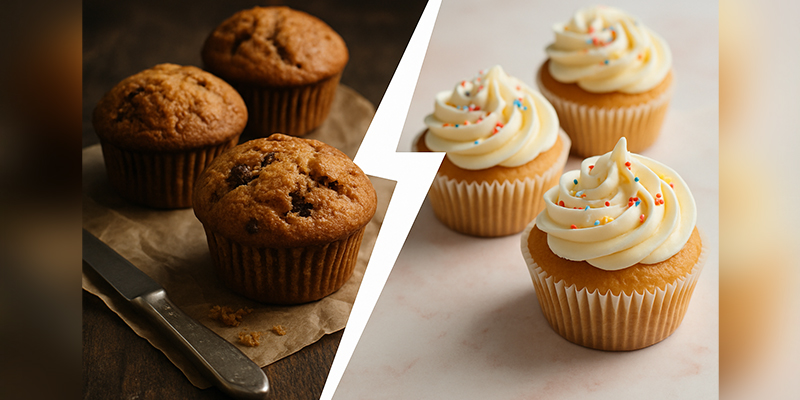Table of Contents
Have you ever stood in front of a bakery display, staring at two treats that look almost the same but go by different names? Yep, we’re talking about cupcakes and muffins. And honestly, it’s a question that’s puzzled even the most devoted dessert fans.
So, are they really not the same? And more importantly… does it even matter? Surprisingly, yes, it does. Because under those golden tops and paper liners, there’s a world of difference. In this blog on cupcake vs muffin, we’re breaking it down, one crumb at a time.
So, let’s get started.
1. Cupcake Is Cake. Muffin Is Bread.
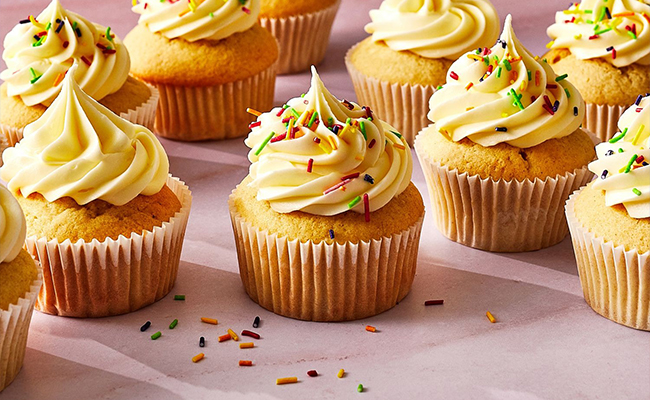
Let’s begin by addressing the biggest question: What is the difference between a muffin and cupcake? Well, the most fundamental distinction lies in the base recipe.
Cupcakes are mini cakes. They use a cake-like batter, meaning they’re soft, light, and sweet. The key ingredients typically include more sugar, butter, and sometimes oil, resulting in that soft, moist crumb that melts in your mouth. They’re made for indulgence.
Muffins lean more towards quick breads. Their texture is denser and often heartier, thanks to less sugar and fat, and more flour. While muffins can be sweet, they’re not usually as sugary as cupcakes, and often include whole grains, fruits, nuts, or even vegetables.
However, the debate — cupcake vs muffin — goes beyond this. There are deep dissimilarities in texture, sweetness, baking style, and even the role they play in our diets. So, let’s explore that next.
2. Mixing Methods Matter
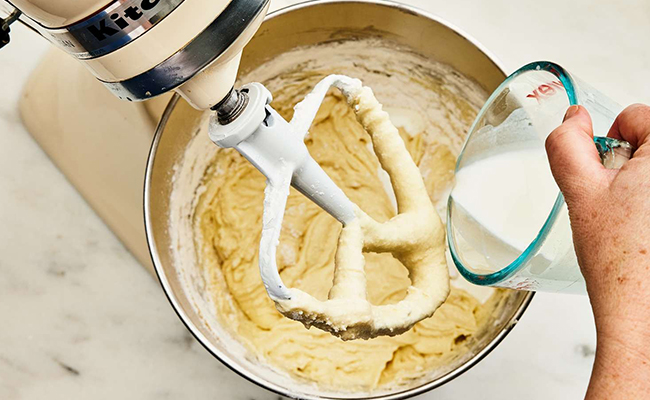
Here’s where science comes in. How you mix the batter defines the final product.
Cupcake batter follows the creaming method, where butter and sugar are beaten together until light and fluffy before adding eggs and flour. This aerates the mixture, giving cupcakes their classic soft, cake-like rise.
Muffin batter typically uses the muffin method (yes, it’s a real thing), where dry and wet ingredients are mixed separately, then folded together quickly. Overmixing is a no-no. This technique results in a thicker, denser crumb, perfect for holding in fruits, nuts or chocolate chips.
So while cupcakes are about precision and fluffiness, muffins embrace a bit of mess and rustic charm.
3. The Sweetness Scale

For a foodie, the cupcake vs muffin difference becomes apparent here—cupcakes are meant to be desserts, while muffins are often a snack or breakfast food.
A cupcake is usually sweet throughout, from sponge to frosting. It’s a treat designed to satisfy cravings.
A muffin might offer moments of sweetness (like a bite of blueberry or a dusting of cinnamon sugar), but the base itself is milder. In fact, savoury muffins exist too, loaded with cheese, herbs, or even bacon.
4. Frosting: The Obvious Giveaway
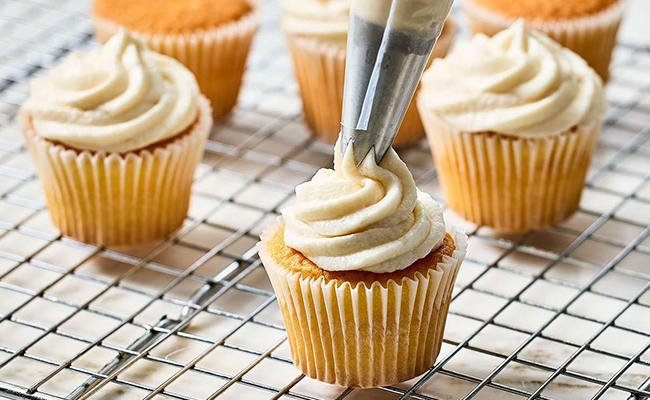
Arguably, the most visible difference — and also the most divisive — is the frosting.
Cupcakes almost always wear frosting like a crown. Buttercream, cream cheese, ganache, fondant—you name it and they have it. Decorations are part of the appeal, whether it’s sprinkles, fruit, or edible glitter.
Muffins, on the other hand, are usually bare. At most, you might find a crumb topping, a sugar glaze, or a handful of oats.
So, if you’re ever stuck in the classic cupcake vs muffin dilemma, just look at the top. If it’s frosted, you’re most probably holding a cupcake.
5. Serving Time & Occasion

This might surprise you, but even their serving timing sets them apart.
Cupcakes are made for moments of celebration, think parties, birthdays, tea-time indulgences, or the dessert section of a menu. They’re rarely eaten on the go (unless you’re treating yourself at 9 am).
Muffins are weekday heroes, ideal for breakfast, a quick snack, or a light brunch. They often pass as the “healthier” option, even when packed with chocolate chips.
When it comes to cupcake vs muffin, it’s not about which one is better; they simply play different roles in your everyday routine.
6. Variations & Flexibility
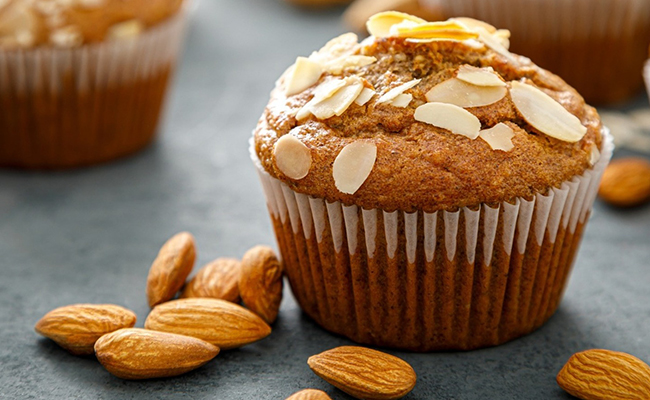
Muffins have more room to experiment with ingredients. You’ll find:
- Bran muffins
- Zucchini muffins
- Apple-cinnamon muffins
- Cheese and corn muffins
- Vegan or gluten-free variations galore
Cupcakes usually stick to classic cake flavours, such as:
- Vanilla
- Chocolate
- Red velvet
- Lemon
- Carrot
Yes, there are creative cupcake options too, but they still stay within the realm of desserts. Muffins, however, are very versatile.
7. Nutrition: The “Healthier” Option!
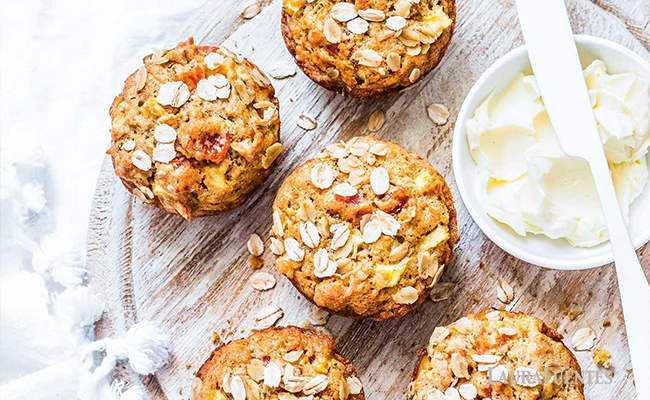
This is where things get interesting — and slightly misleading.
Muffins often carry the “healthier” label, and in many cases, that’s true. They tend to use less sugar and fat, especially when made with whole wheat flour, oats, fruits, or nuts. Plus, skipping the frosting helps lower the overall calorie count. But not all muffins are created equal. Some bakery-style versions can be just as rich as cupcakes, especially when they’re jumbo-sized and packed with extras.
Cupcakes, meanwhile, are unapologetically indulgent. They’re made for moments when you’re treating yourself, and there’s nothing wrong with that. It all comes down to balance and occasion.
So, the cupcake vs muffin choice is fairly straightforward. If you’re watching your intake, a simple muffin might suit the moment. But when it’s time to celebrate, a cupcake is always worth it.
8. Shelf Life & Storage
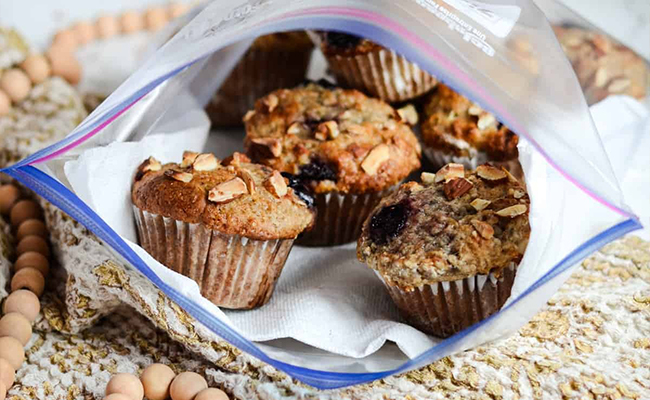
Beyond taste and texture, how well these treats hold up over time is worth noting too.
Cupcakes tend to have a shorter shelf life because of the buttercream. They usually need refrigeration (depending on the topping), and they can go stale quickly if not stored properly.
Muffins are more resilient. Store them in an airtight container, and they’ll last a few days at room temperature — or even freeze well for later.
In Short:
| Feature | Cupcake | Muffin |
| Texture | Soft, fluffy, cake-like | Dense, moist, bread-like |
| Mixing Method | Creaming method | Muffin method (wet+dry mix) |
| Sweetness Level | Very sweet | Mildly sweet to savoury |
| Toppings | Frosting, sprinkles, decorations | Crumb top, glaze, or plain |
| When to Eat | Dessert, parties, special treats | Breakfast, snacks, on-the-go |
| Recipe Base | Cake batter | Quick bread batter |
Wrapping Up
Cupcake vs Muffin—hopefully, this question is no longer a mystery for you. So the next time you’re torn between the two, consider these differences before deciding. Either way, you’re not making a wrong choice. Because honestly, life’s too short not to enjoy both.
